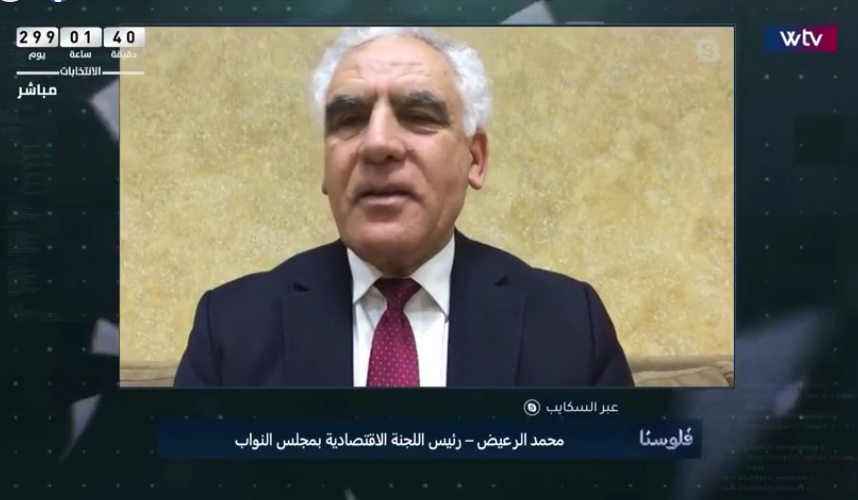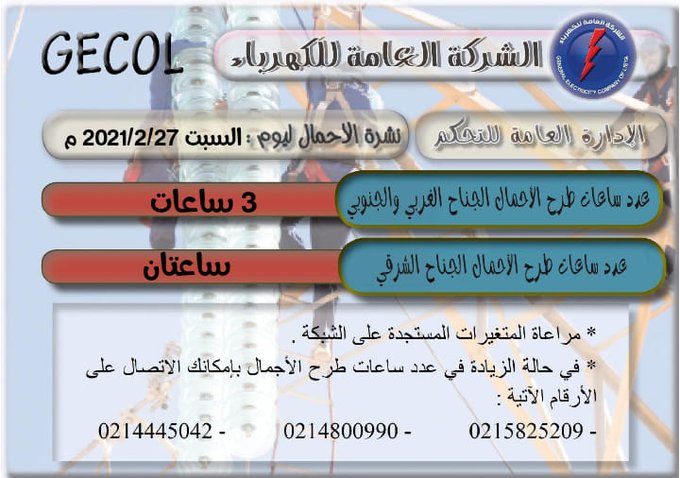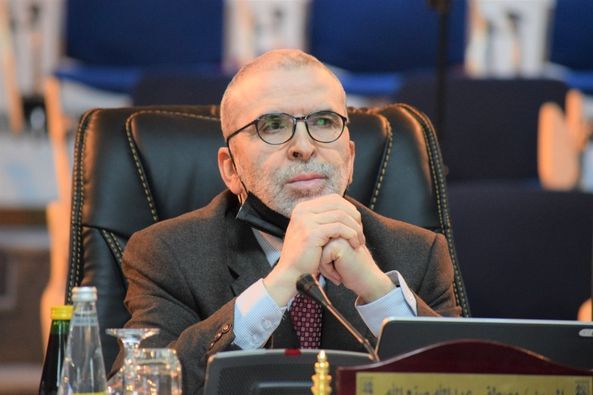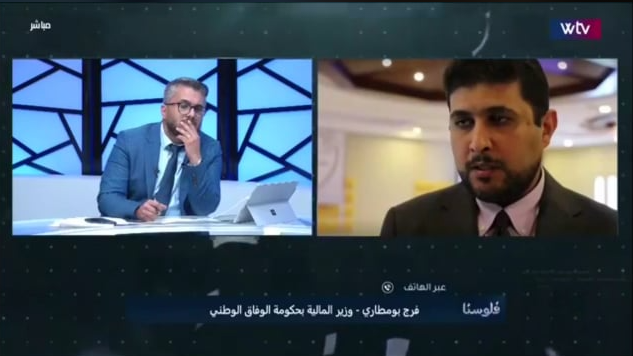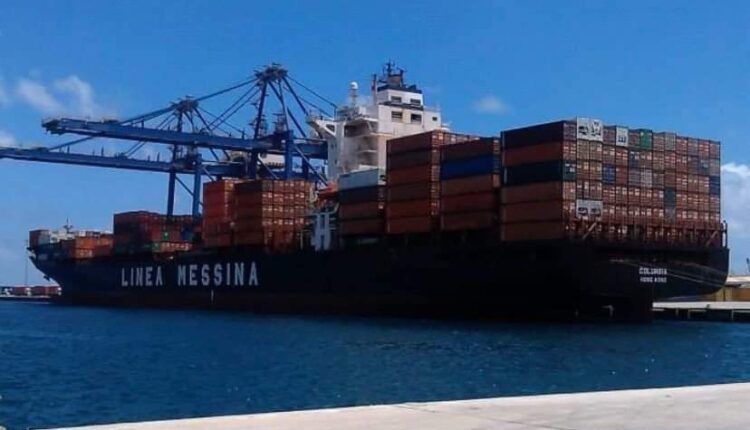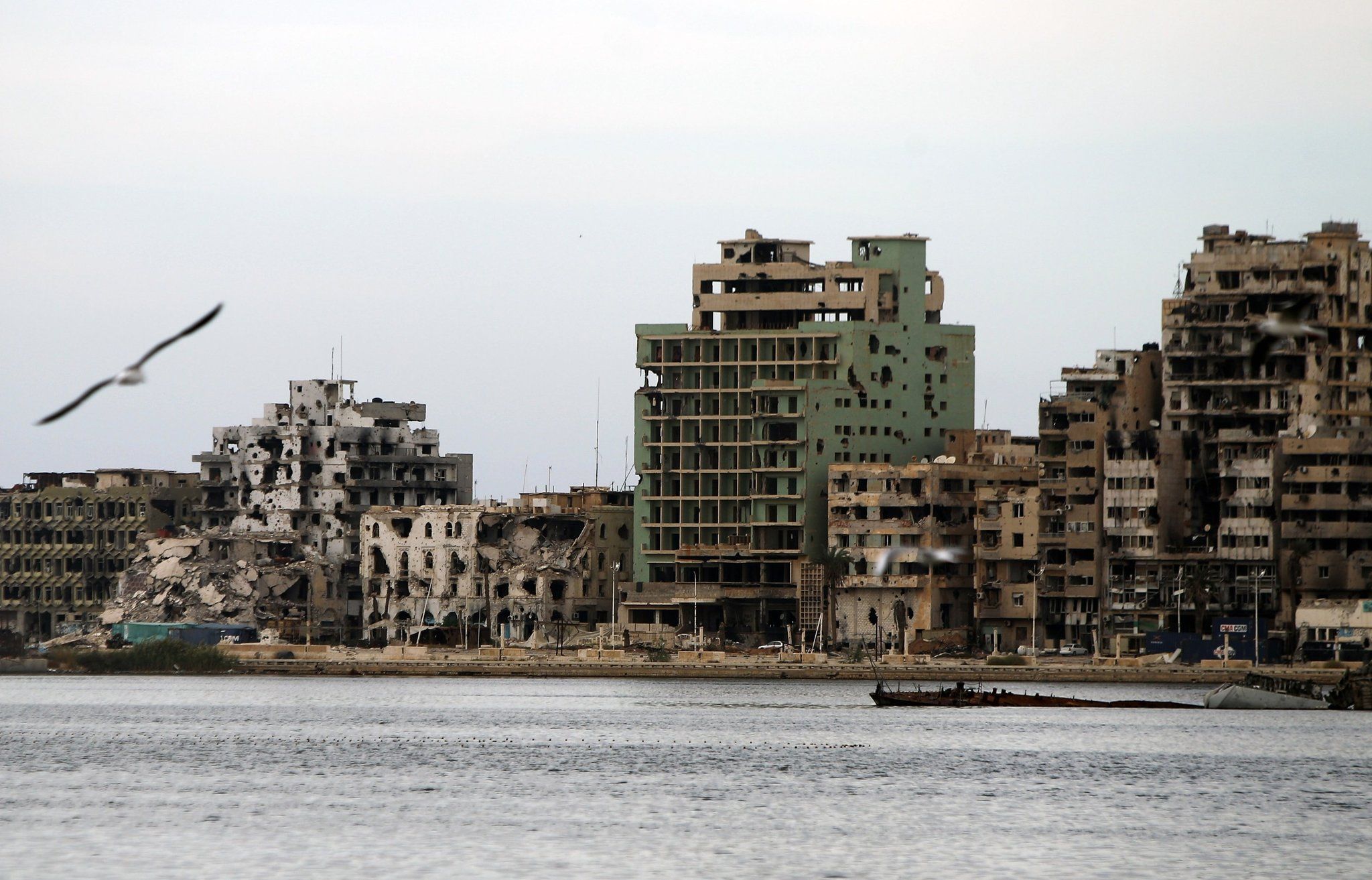In a televised interview for Libyan WTV channel and Tabadul Platform yesterday, Finance Minister Faraj Bumtari, representing the internationally recognized government in Tripoli, emphasized that several reasons had prompted him to implement the Electronic Cargo Tracking Note (ECTN) system, among which is the a great deficiency in the national economy.
According to Bumtari, this deficiency is reflected in the smuggling of goods through replacing some items with forbidden others, such as replacing infant formula with a couple of drinks, as well as replacing juice with tramadol tablets.
Faraj Bumtari pointed out that the Customs Authority and the Ministry of Finance seek to protect the national security vis-a-vis the serious imbalance in the financial and commercial systems, adding:” considering the prohibited substances and smuggled goods, the State, along with the Customs Authority, do not have any original documents that prove or reveal the identity of the purchaser or the seller.”
He reiterated that the Electronic Cargo Tracking Note (ECTN) system makes it possible to identify the seller and the purchaser via providing complete data since 90% of smuggling operations are against unknown persons.
According to Bumtari, the ECTN system aslo enables to learn about prices and compare them not only with international prices, but also with commercial rates of the same product in order to detect any increase in the prices, reduce funds smuggling, and minimize tax evasion.
“The ECTN system would provide details about the source of funds and the type of product,” he said.
In his lengthy televised critique, the Finance Minister expressed surprise that maritime agents, customs brokers, and transport companies have participated in the majority of protests against the ECTN system.
Faraj Bumtari has also accused member of the House of Representatives (HoR), Mohammed Al-Raied, of defeating the cargo tracking system in 2015, adding:” this is the reason why tramadol and alcohol entered to Libya… Al-Raied should clarify this point.”
